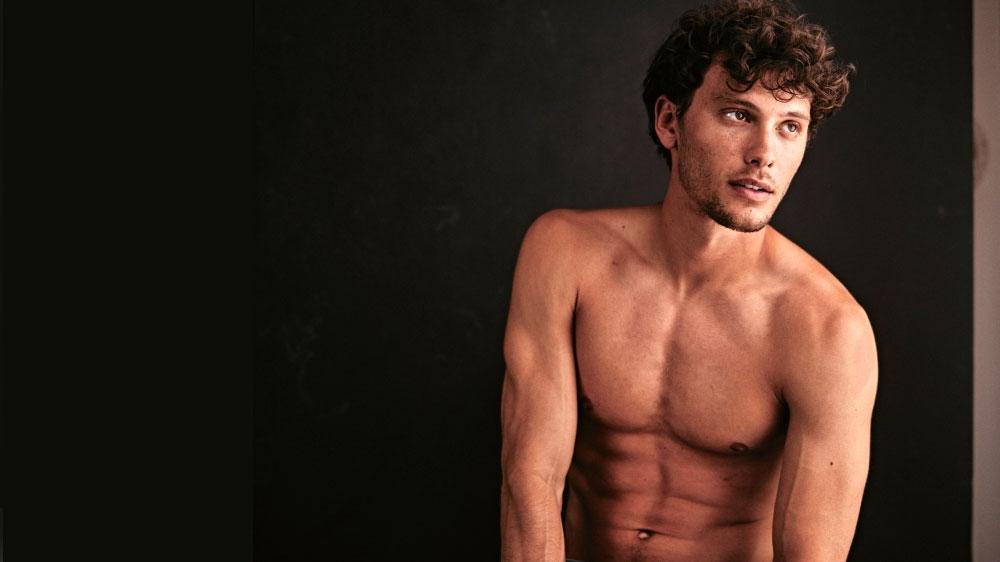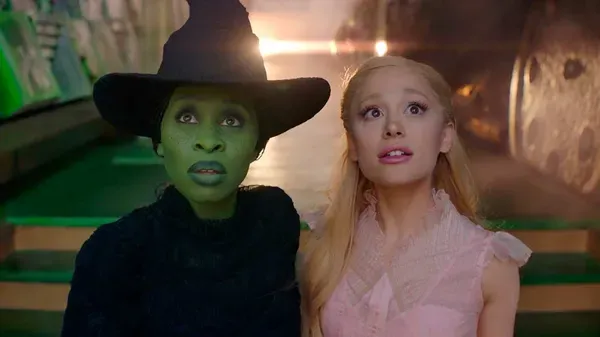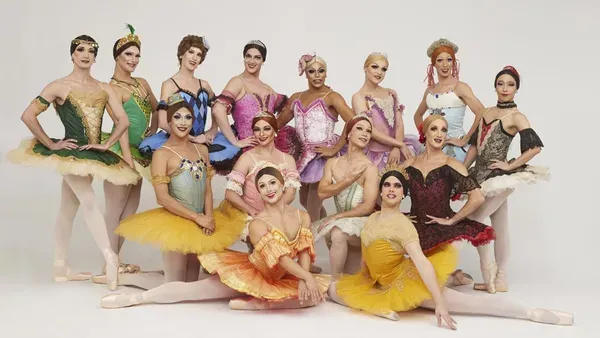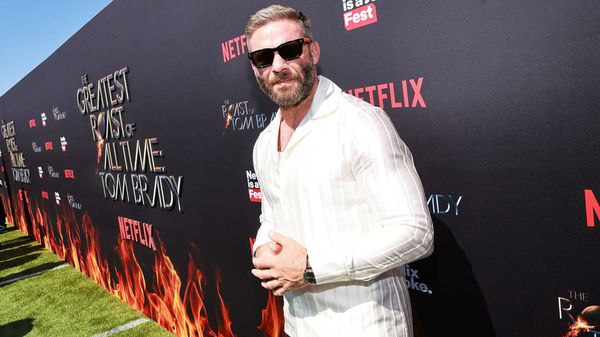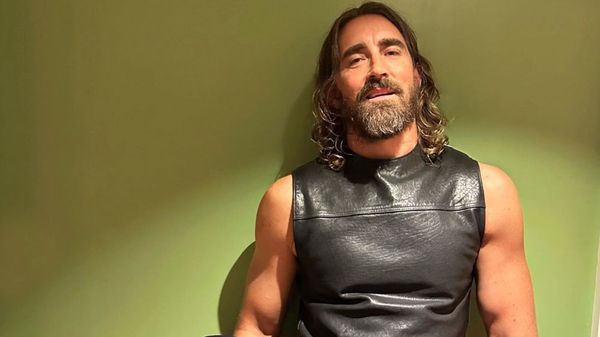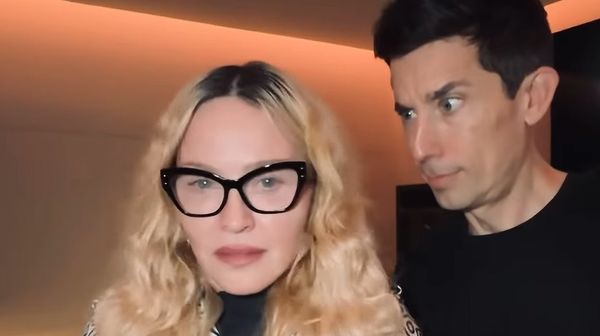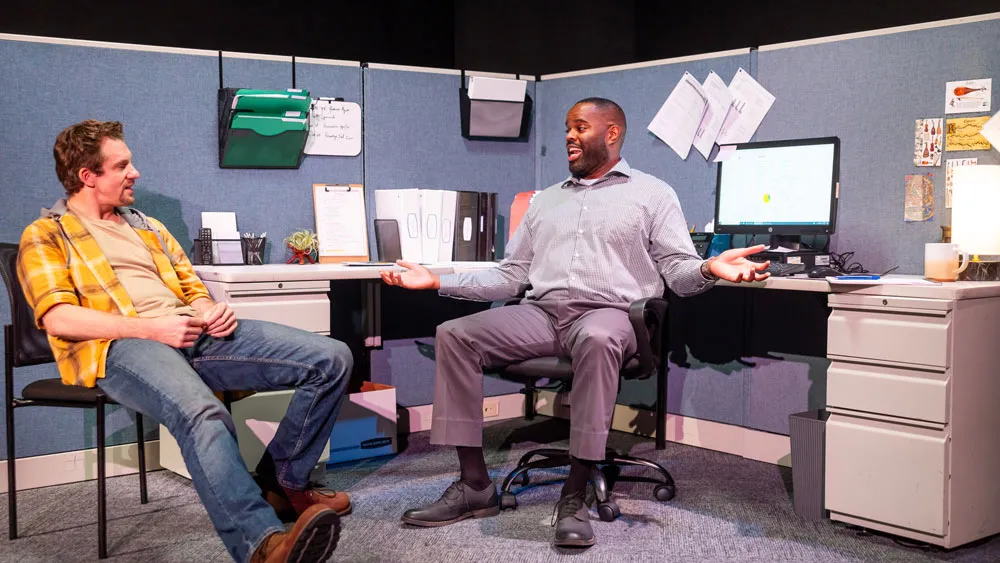
Feb 2
At the SpeakEasy: Playwright Samuel D. Hunter on Finding God in a Fluorescently Lit Cubicle
Kilian Melloy READ TIME: 7 MIN.
Out playwright and screenwriter Samuel D. Hunter has a fascination, he tells EDGE, for characters experiencing isolation. It's true in his play "The Whale," which Darren Aronofsky made into a film in 2022, and which won actor Brandon Fraser an Oscar (Hunter wrote the screen adaptation). It's just as true in his intense, award-winning two-hander "A Case for the Existence of God," in which a seemingly mismatched pair of men (one straight and white, the other Black and gay) wrestle with limitations both self-imposed and inflicted by fate and circumstance.
His play continues in its Boston premiere by the SpeakEasy Stage Company through February 17. follow this link for more details.
Also, Hunter will be in Boston on Sunday, February 4 and will take audience questions following the 3 p.m. matinee performance of his play. For tickets or more information, visit the SpeakEasy Stage or call the box-office at 617-933-8600.
In these post-COVID days of political division, a play that brings two people of such different backgrounds and viewpoints together is bound to be packed with dramatic possibility. But Hunter isn't looking for conflict so much as for hope for the future, as well as for the present time – a "hard won hope," as he puts it in our interview, but hope all the same.
Nor is Hunter out to preach a religious message. "A Case for the Existence of God" only makes such a case obliquely, and again it's a not so much an argument for faith in a deity as for faith in the future, and in our fellow human beings. As the play's two protagonists – Keith, a Black, gay single man seeking to adopt a daughter, and Ryan, a white divorced dad whose career prospects are pretty much a dead end – slowly forge a friendship, they build a bridge that lets them learn how to speak to each other (literally, in the case of Keith teaching Brian some fancy new vocabulary) and how to work together for sake of their individual futures, as well as those of their children.
De'lon Grant plays Keith and Jesse Hinson plays Ryan in the Melinda Lopez-directed production of the play that SpeakEasy Stage Company presents through Feb. 27.
EDGE had the pleasure of a conversation with Hunter that touched on his frequent use of his home state as a locale, his background as a screenwriter as well a playwright (he wrote for the Zach Galifianakis-starring FX comedy-drama "Baskets," as well as other TV and film projects), and how becoming a dad himself changed his outlook on the world.
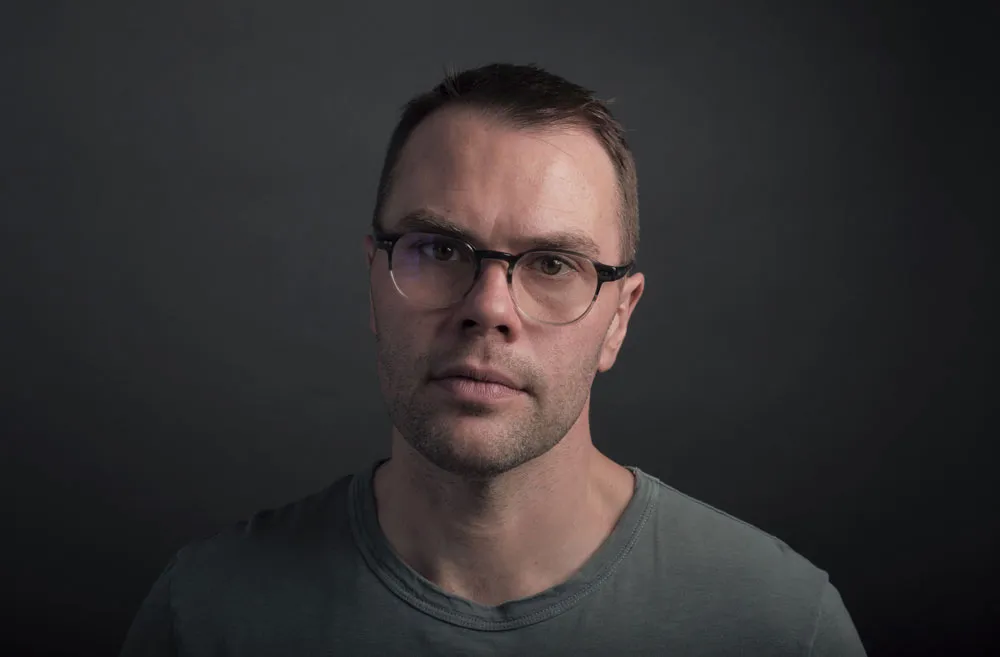
EDGE: You set most, if not all, of your plays in Idaho – is that a matter of home state pride, or is there something specific to the Idaho mindset that's fascinating for you?
Samuel D. Hunter: I think like there were a lot of different layers to growing up in a place like that, especially as a gay person. When I go there, it all feels so familiar, but at the same time being a gay kid in the '90s there was tricky. I went to a very religious school that I had to leave when they found out I was gay.
There's nothing quintessentially Idaho about "A Case for the Existence of God," or really any of my plays. I've always been more drawn to underrepresented parts of America. [Idaho] is a part of the world that's not written about, and it's kind of written off a lot of the time. Setting [plays] in Idaho gives me an immediate specificity of place, which I think early on was helpful for me, but I think it's becoming something different now. It's becoming a way that I can think of the plays as being interconnected and think of my larger body of work, rather than just any one play. I think my plays all speak to one another and dovetail off one another, and geolocating them in the same place is a way for me to organize them.
EDGE: So, what Maine is to Stephen King, Idaho is to you.
Samuel D. Hunter: Exactly, yeah.
[Laughter]
EDGE: I have the feeling that you didn't really want to talk about "A Case for the Existence of God," Despite the title, you wanted to leave it up to us to understand it. I have my interpretation, but I wonder: How, to you, does your play makes a case for God's existence?
Samuel D. Hunter: I was just out in the Netherlands – there's this Dutch language production of the play that they're touring around, and they were very gracious to fly me in for opening. After attending one of the performances, a guy came up to me with a [clerical] collar, and he was a Dominican friar. He'd seen the title of the play and was intrigued. What he told me, which is something I think is very smart, was something along the lines of how I'm using a secular language to talk about race. And I was like, "Oh, yeah, that's exactly right." That's actually putting a finer point on it than I've been able to do.
The play's language is not religious. The title is a deliberate provocation for the audience, like, "Let's see if we can find God in this fluorescently-lit cubicle." I'd written this play right after I staged a play called "Greater Clements," which was at Lincoln Center right before the pandemic, in early 2020. That play was very much a tragedy. I was allowing myself to go into the darkness, and I think coming out of that, being a new dad, I was like, "I no longer have the luxury of cynicism or pessimism." I made the decision to usher human life into this deeply complicated present moment, and I think one of my jobs as a father is to find that kind of grace and that kind of redemption and complicated, hard-won hope for the future. I don't think ["A Case for the Existence of God"] has a rosy Hallmark movie optimism to it, but I do think it has hard-won hope.
Kilian Melloy serves as EDGE Media Network's Associate Arts Editor and Staff Contributor. His professional memberships include the National Lesbian & Gay Journalists Association, the Boston Online Film Critics Association, The Gay and Lesbian Entertainment Critics Association, and the Boston Theater Critics Association's Elliot Norton Awards Committee.
